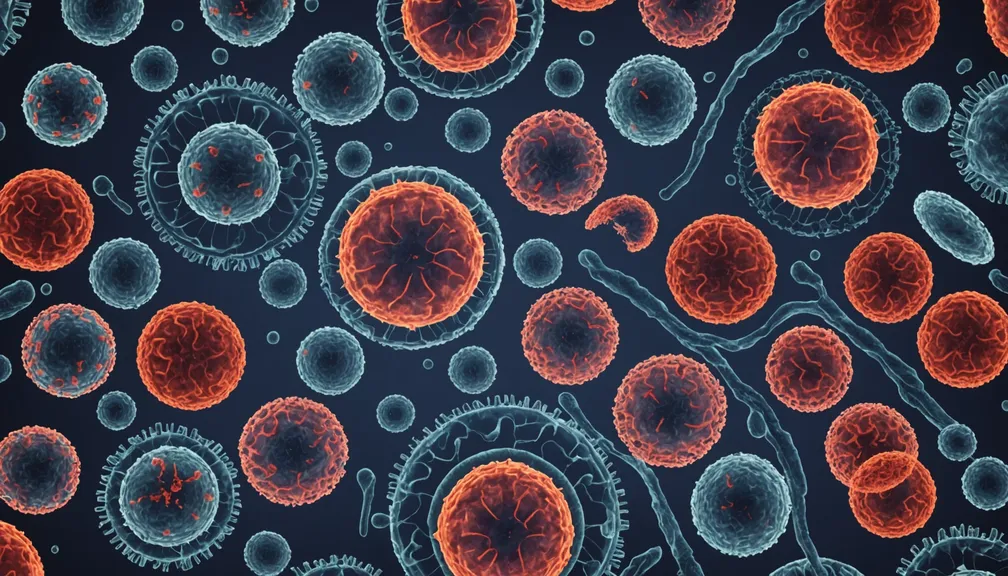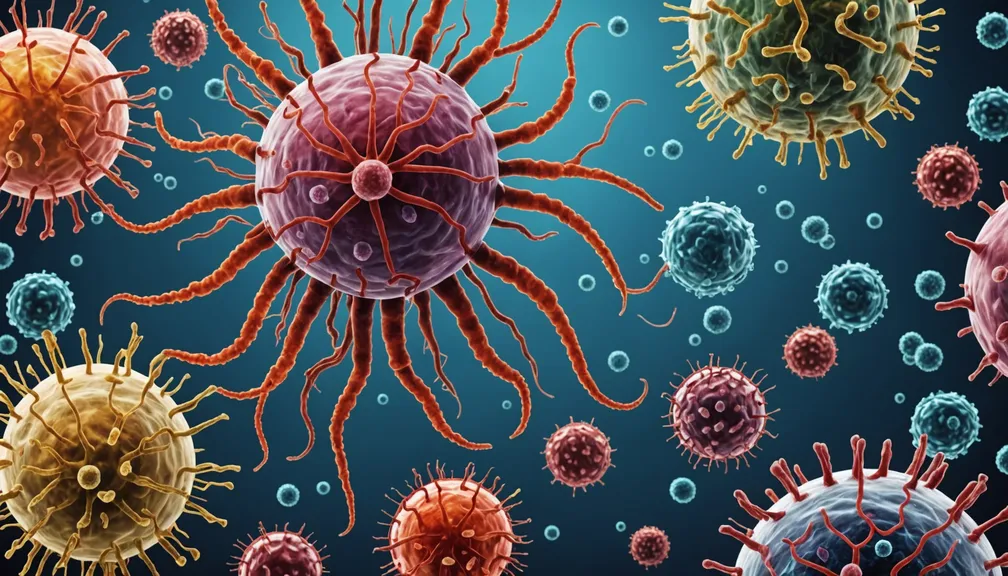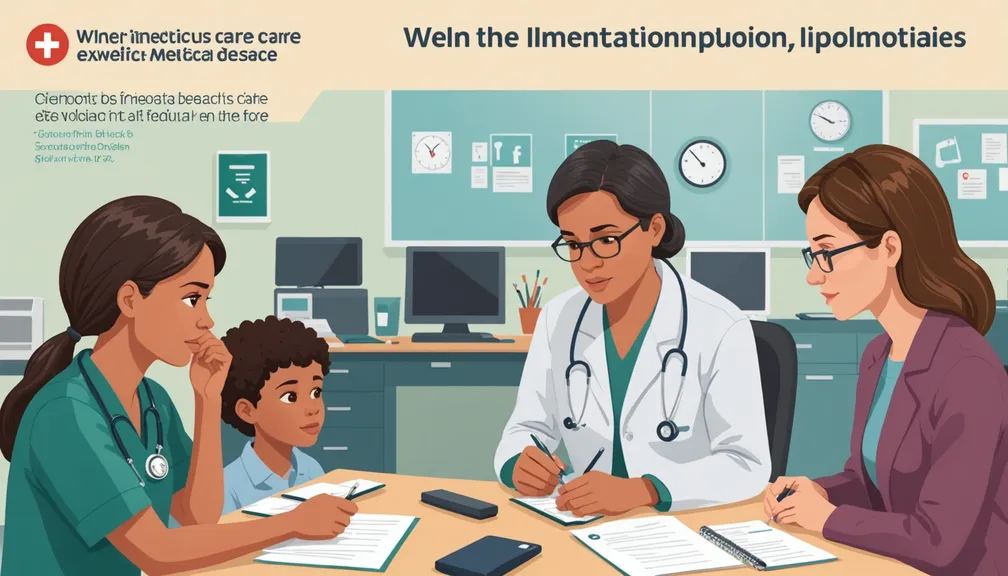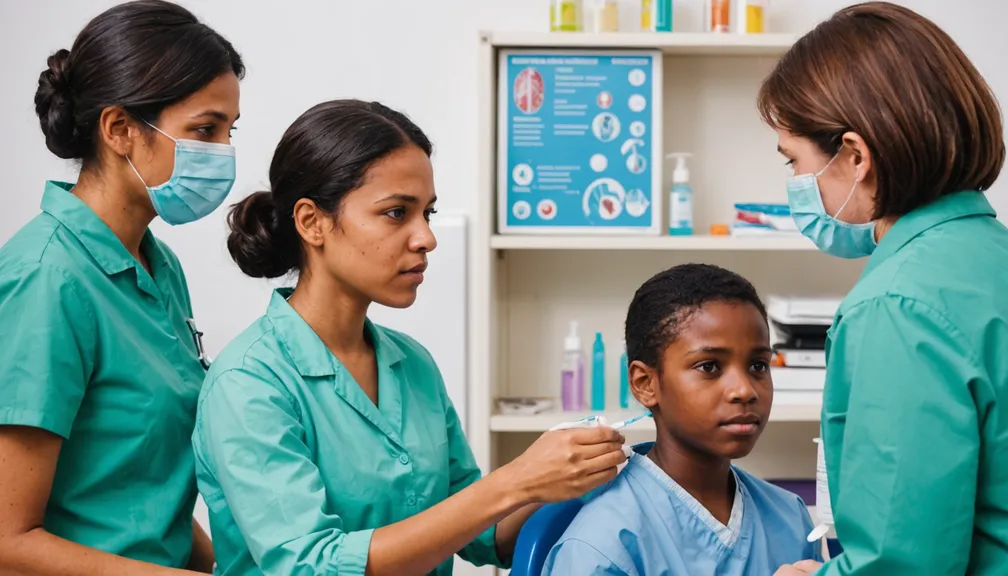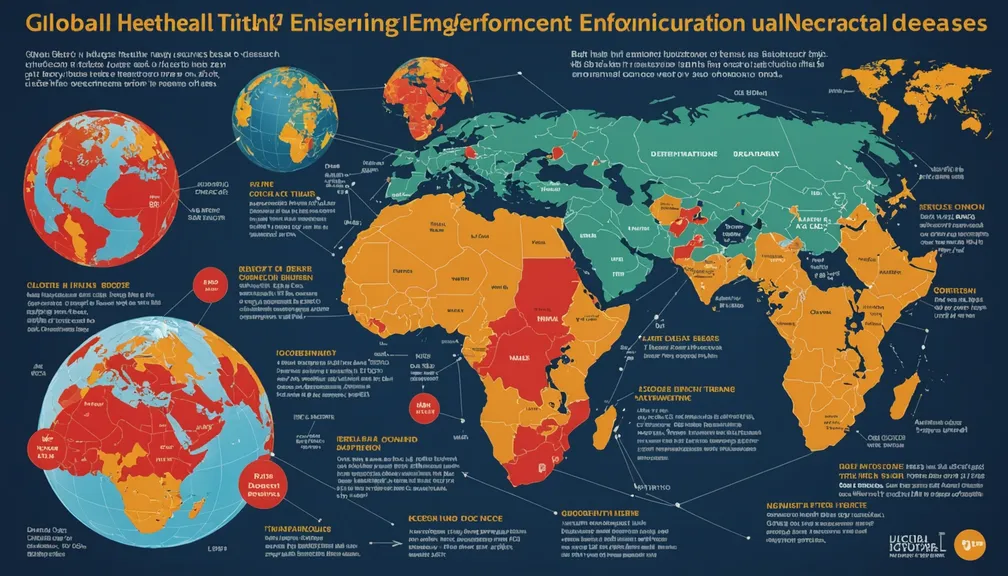Understanding Rare Infectious Diseases
Rare infectious diseases are illnesses caused by uncommon pathogens. These diseases may be challenging to diagnose and treat due to their rarity and the limited knowledge about them. Examples include prion diseases, which affect the brain, and certain zoonotic infections that jump from animals to humans. Understanding these diseases is crucial for effective prevention and management.
Common Types of Rare Infectious Diseases
Prion Diseases
- Definition: Prion diseases are a group of rare, fatal brain disorders caused by misfolded proteins called prions.
- Examples:
- Creutzfeldt-Jakob Disease (CJD): Affects the brain, leading to rapid mental deterioration.
- Variant Creutzfeldt-Jakob Disease (vCJD): Linked to consuming contaminated beef.
Zoonotic Infections
- Definition: Zoonotic diseases are transmitted from animals to humans.
- Examples:
- Lyme Disease: Caused by bacteria transmitted through tick bites.
- Hantavirus: Spread through contact with rodent urine or droppings.
Other Rare Infectious Diseases
- Ebola Virus Disease: Causes severe bleeding and organ failure.
- MERS (Middle East Respiratory Syndrome): A coronavirus leading to respiratory issues.
Causes and Transmission
Pathogens Involved
- Bacteria: Such as Borrelia burgdorferi causing Lyme disease.
- Viruses: Including the Ebola and MERS coronaviruses.
- Prions: Misfolded proteins responsible for prion diseases.
Transmission Methods
- Animal-to-Human: Through bites, scratches, or contact with animal fluids.
- Human-to-Human: Via bodily fluids, respiratory droplets, or contaminated medical equipment.
- Environmental Exposure: Contact with contaminated soil, water, or surfaces.
Signs and Symptoms
General Symptoms
- Fever: A common response to infection.
- Fatigue: Persistent tiredness not relieved by rest.
- Muscle Aches: Generalized pain in muscles and joints.
Specific Symptoms
- Prion Diseases: Rapid cognitive decline, memory loss, and behavioral changes.
- Ebola Virus Disease: Severe bleeding, organ failure, and high mortality rates.
- Lyme Disease: Erythema migrans (bullseye rash), joint pain, and neurological issues.
Challenges in Diagnosis
Rarity of Diseases
- Limited Awareness: Both patients and healthcare providers may be unfamiliar with symptoms.
- Misdiagnosis: Symptoms often resemble more common illnesses, leading to delays in correct diagnosis.
Diagnostic Methods
- Specialized Tests: Blood tests, cerebrospinal fluid analysis, and imaging studies.
- Expert Consultations: Involvement of infectious disease specialists for accurate diagnosis.
Treatment and Management
Available Treatments
- Antibiotics: Effective for bacterial infections like Lyme disease.
- Antiviral Medications: Used for certain viral infections, though options may be limited.
- Supportive Care: Managing symptoms and maintaining bodily functions, especially in severe cases like Ebola.
Ongoing Research
- Vaccine Development: Efforts to create vaccines for diseases like MERS.
- Therapeutic Trials: Exploring new treatments to improve survival rates and outcomes.
Prevention and Precautions
Personal Precautions
- Hygiene Practices: Regular handwashing and avoiding contact with sick individuals.
- Protective Gear: Using gloves and masks when exposed to potential sources of infection.
- Safe Food Practices: Ensuring meat is properly cooked to prevent prion diseases.
Community and Public Health Measures
- Surveillance Systems: Monitoring outbreaks to contain spread.
- Public Education: Raising awareness about transmission and prevention methods.
- Vaccination Programs: Where available, to protect against specific infections.
Living with a Rare Infectious Disease
Emotional Support
- Counseling Services: Professional support to cope with the emotional impact.
- Support Groups: Connecting with others facing similar challenges for mutual support.
Daily Management
- Medication Adherence: Taking prescribed treatments consistently.
- Healthy Lifestyle: Maintaining a balanced diet, regular exercise, and adequate rest to support overall health.
- Monitoring Health: Regular check-ups to track disease progression and adjust treatments as needed.
Seeking Medical Help
Types of Health Professionals
- Infectious Disease Specialists: Experts in diagnosing and treating infectious illnesses.
- Neurologists: For prion diseases affecting the brain.
- Public Health Officials: To assist with outbreak management and prevention strategies.
Building Your Healthcare Team
- Primary Care Physician: Your first point of contact for general health issues.
- Specialists: Depending on the specific disease, you may need additional experts.
- Support Staff: Nurses, social workers, and other professionals to provide comprehensive care.
Taking Action
Understanding rare infectious diseases empowers you and your loved ones to take proactive steps in prevention, early detection, and effective management. Always consult with healthcare professionals if you suspect an infection or have concerns about your health.
